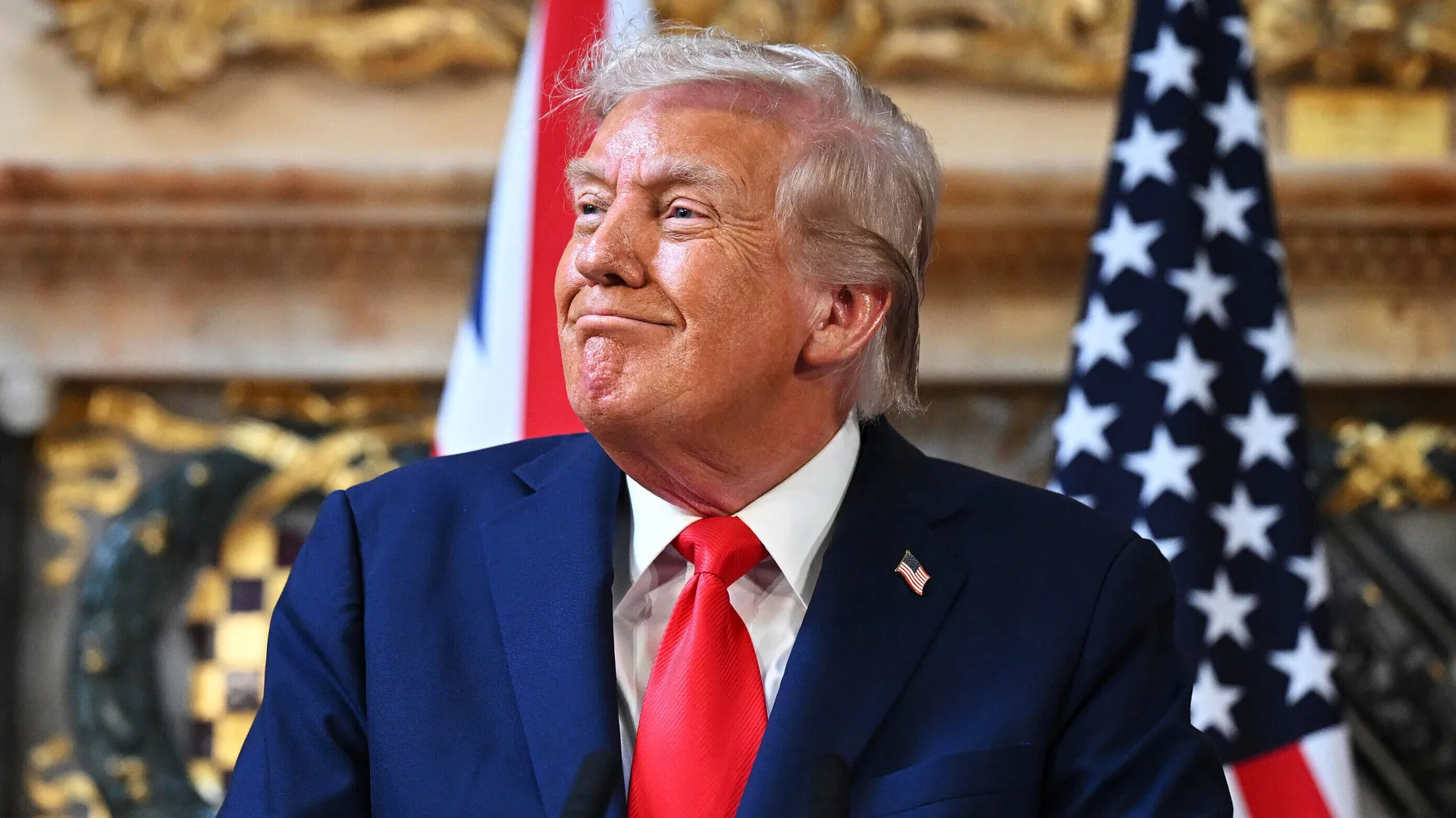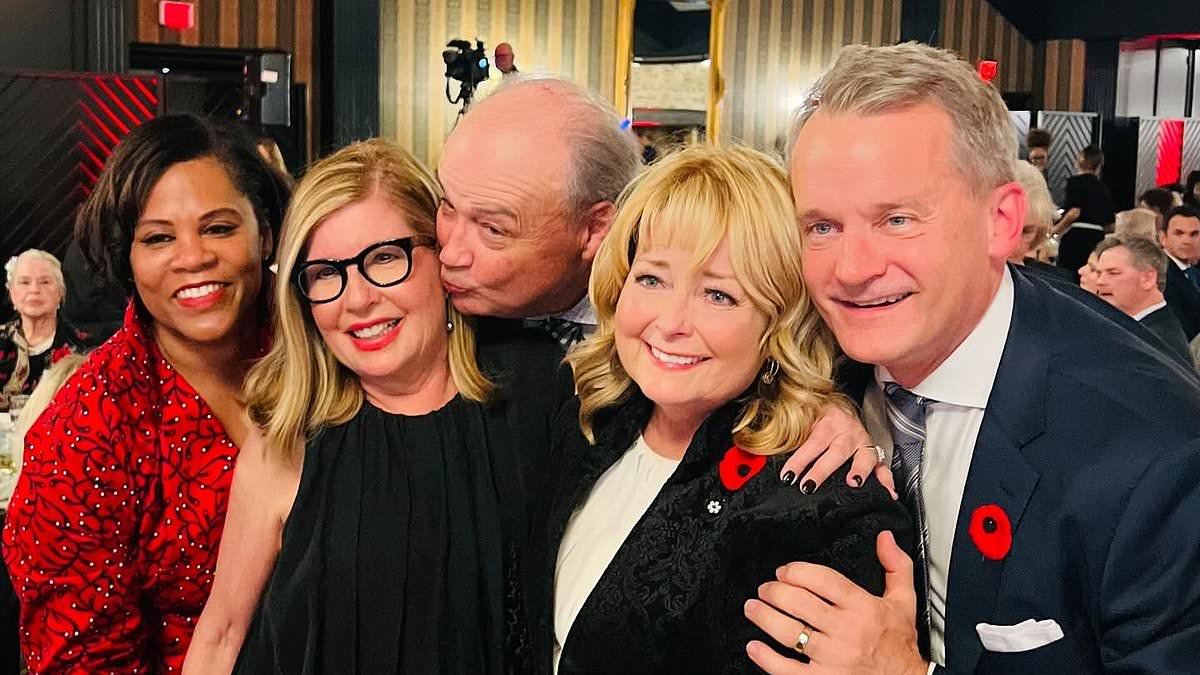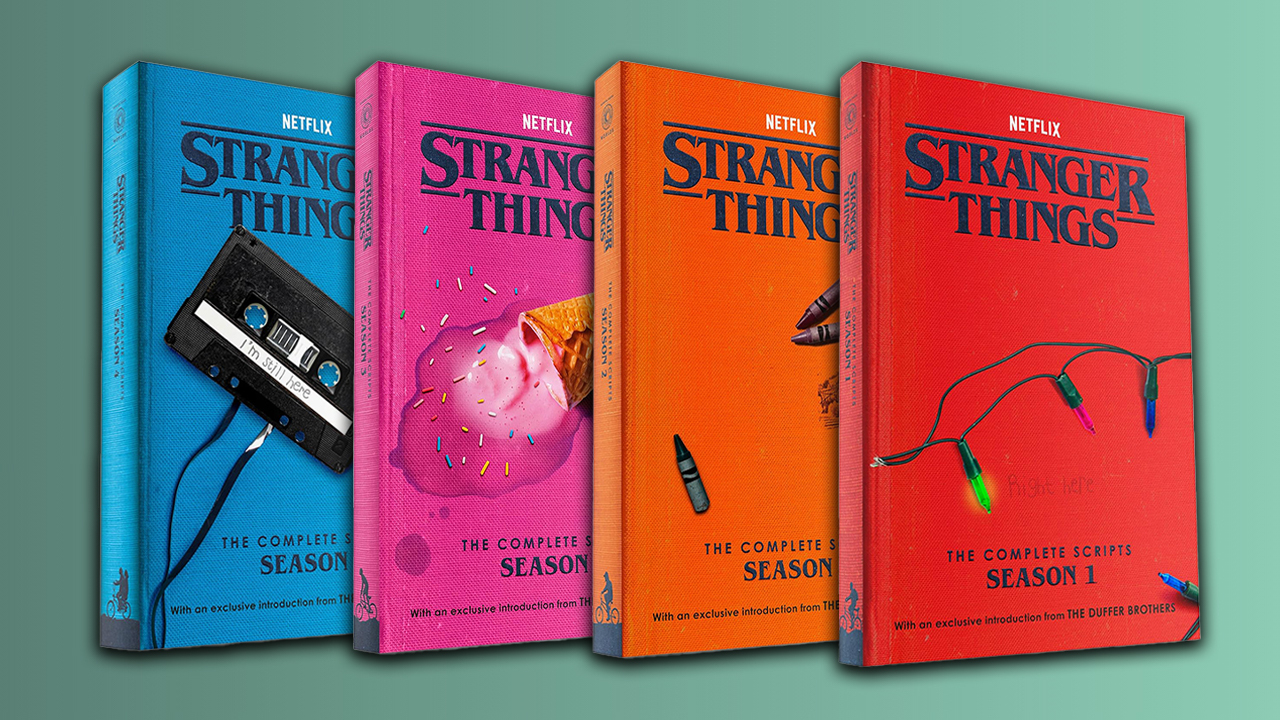By Sara Boboltz
Copyright huffpost

The decision by ABC to suspend Jimmy Kimmel’s late-night show made the comedian the second late-night host to be forced off the air for offending President Donald Trump in two months — a shocking blow to free speech rights in America.
The network did not have to pull “Jimmy Kimmel Live!,” which it did “indefinitely.”
It announced the decision after Federal Communications Chair Brendan Carr appeared on a far-right podcast and attacked Kimmel for a comment he made about the death of late right-wing activist Charlie Kirk, who was shot and killed last week in Utah.
The man accused of taking the shot, 22-year-old Tyler Robinson, did not have clear political affiliations. He came from a conservative family, and some members told investigators that they noticed he was becoming more politically conscious in recent years.
On Monday, Kimmel joked that “the MAGA gang” was “desperately trying to characterize this kid who murdered Charlie Kirk as anything other than one of them, and doing everything they can to score political points from it.” He said Trump, who claimed to have been close with Kirk, was mourning him like a 4-year-old mourns a goldfish. (A widely circulated clip of Trump showed the president immediately moving on from a question about Kirk to the construction of his new White House ballroom.)
Carr slammed Kimmel, saying on Wednesday that the host was deliberately misleading the public about “a very important matter” by suggesting the alleged gunman might have had conservative values. He threatened to use the FCC to punish Kimmel and the networks that aired his show.
The First Amendment still stands, of course. But several giant stakeholders in the Kimmel affair chose to bend to the Trump administration by agreeing to silence the host.
Their decision may be explained by a convoluted web of corporate ownership that makes up the American media landscape.
For Disney — which owns ABC — a pending deal involving another of its major assets, ESPN, is on the horizon.
Disney’s ESPN is poised to acquire the NFL Network from the National Football League, having entered into a nonbinding agreement last month. But the deal will require the approval of the Department of Justice, according to Reuters.
Past presidents have allowed the Department of Justice — and other agencies — much more autonomy than the second Trump administration. Angering the president could be a quick way to see a deal that was five years in the making then fall apart.
Companies that own networks of local TV stations also have a stake in the game, since they air ABC’s programming.
Nexstar, the largest such company, is looking to buy a rival, Tegna, for more than $6 billion in a deal that would require FCC approval.
On Wednesday, Nexstar issued a statement saying it “strongly objects” to Kimmel’s comments about Kirk and would “preempt” his show with other programming during its regular time slot.
Another broadcaster, Sinclair, joined in, too, although that company is well known for its conservative leanings. Sinclair called on Kimmel to apologize and donate money to Kirk’s conservative student activist group, Turning Point USA.
Kimmel’s comments came before authorities held a press conference on Tuesday, giving more information about Robinson that included text messages in which he allegedly confessed the crime to his transgender partner. One message reportedly sent by Robinson said that he had “had enough of [Kirk’s] hatred.” Robinson’s family said that he was increasingly left-leaning, although details on his political beliefs are not known; he reportedly covered bullets used in the attack with irony-laden internet memes and video game references.
Regardless, the retaliation against the host of a comedic late-night show amounts to an astounding effort to chill political speech in Trump’s second term.
The cancellation of “Late Night with Stephen Colbert” in July sparked similar worries from First Amendment advocates and Democrats who pointed out that silencing media critics was a tool of authoritarians and dictators around the globe.
It also came as the network and its parent company — CBS and Paramount — were looking forward to a big merger with Skydance, which required FCC approval. That approval was granted the week after Colbert informed his audience that his show was ending.
Colbert, like Kimmel, was a longtime critic of Trump, although it was difficult to say whether any one particular joke had pushed the president over the edge.
With Kimmel, a line has been drawn in the sand.
And it appears that big media corporations are going to fall behind it.



